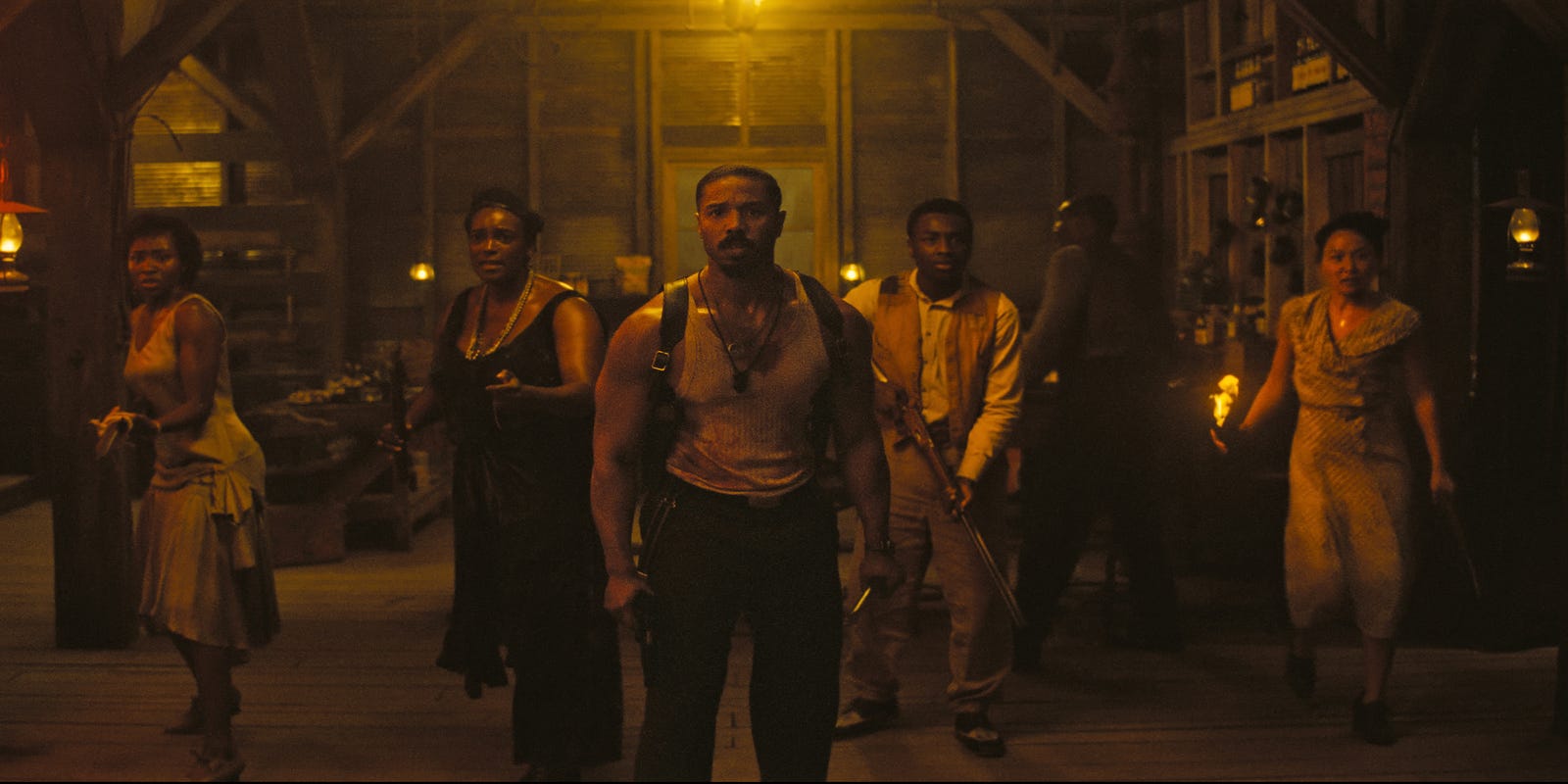Faith, Friction, and Redemption: Ryan Coogler's 'Sinners' Unravels Black Spiritual Identity

In his groundbreaking new film "Sinners", acclaimed director Ryan Coogler delves deep into the complex intersection of spirituality, western religion, and the lasting impacts of colonization. The movie offers a powerful and nuanced exploration of how religious narratives have been shaped by historical oppression, challenging viewers to reconsider traditional perspectives on faith and cultural identity.
Coogler, known for his thought-provoking storytelling in films like "Black Panther" and "Fruitvale Station", brings his signature depth and sensitivity to this provocative examination of religious history. Through compelling characters and intricate storytelling, "Sinners" traces the ways colonial powers used religion as a tool of control and transformation, revealing the profound psychological and cultural consequences of spiritual manipulation.
The film promises to be a transformative cinematic experience, inviting audiences to reflect on the intricate relationships between power, belief, and cultural resilience. By illuminating the hidden stories of those marginalized by religious institutions, Coogler continues to push the boundaries of contemporary cinema and social commentary.
